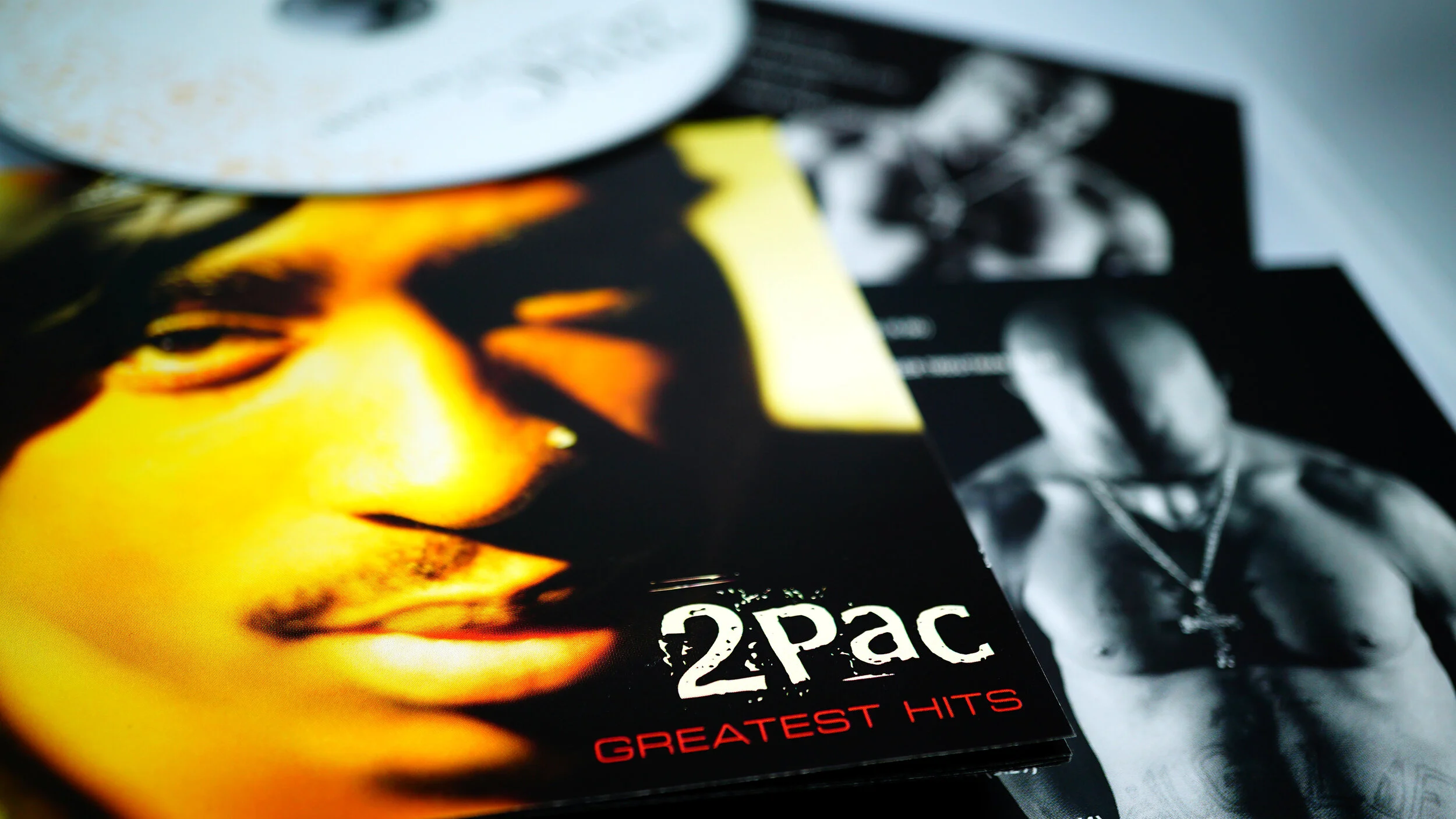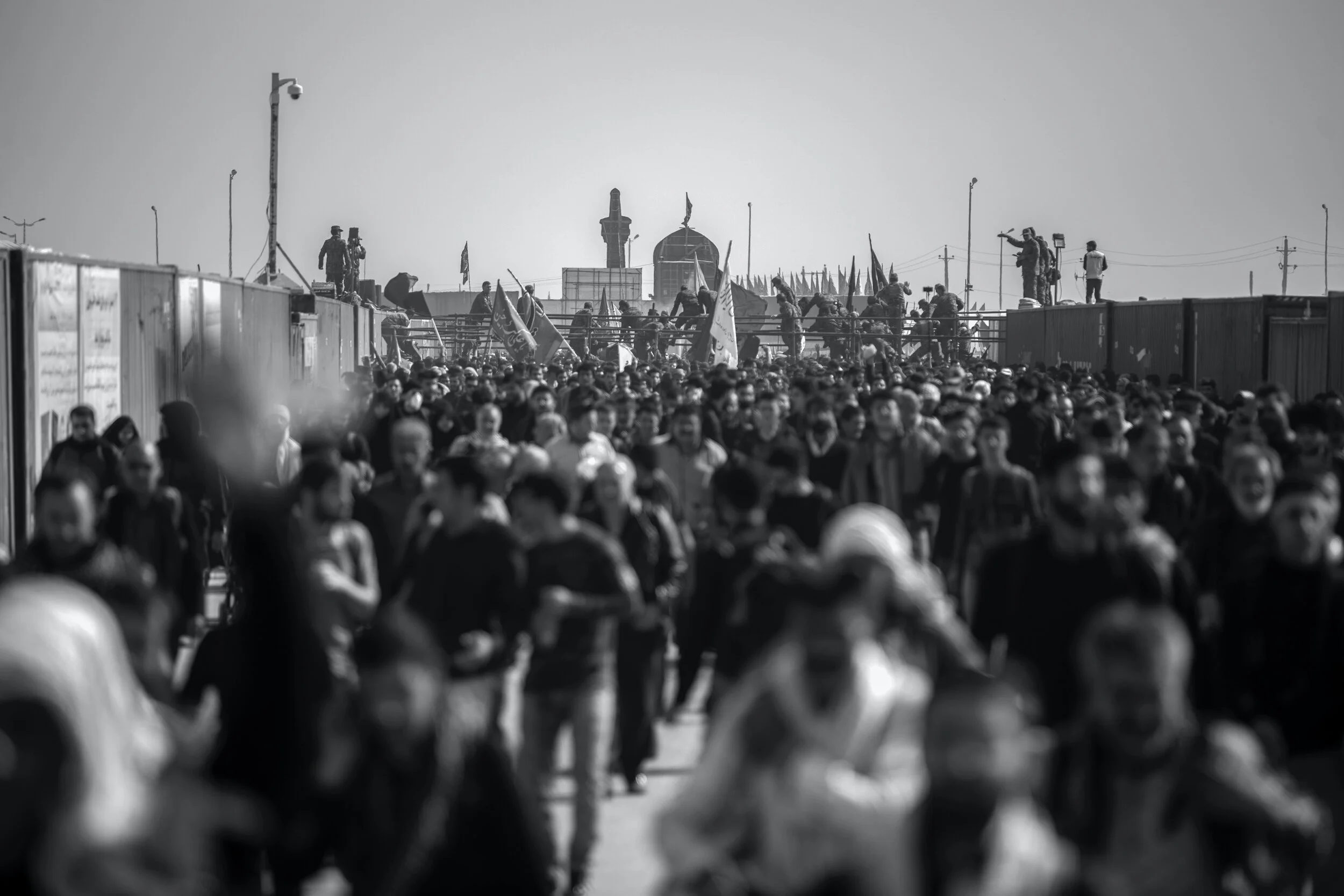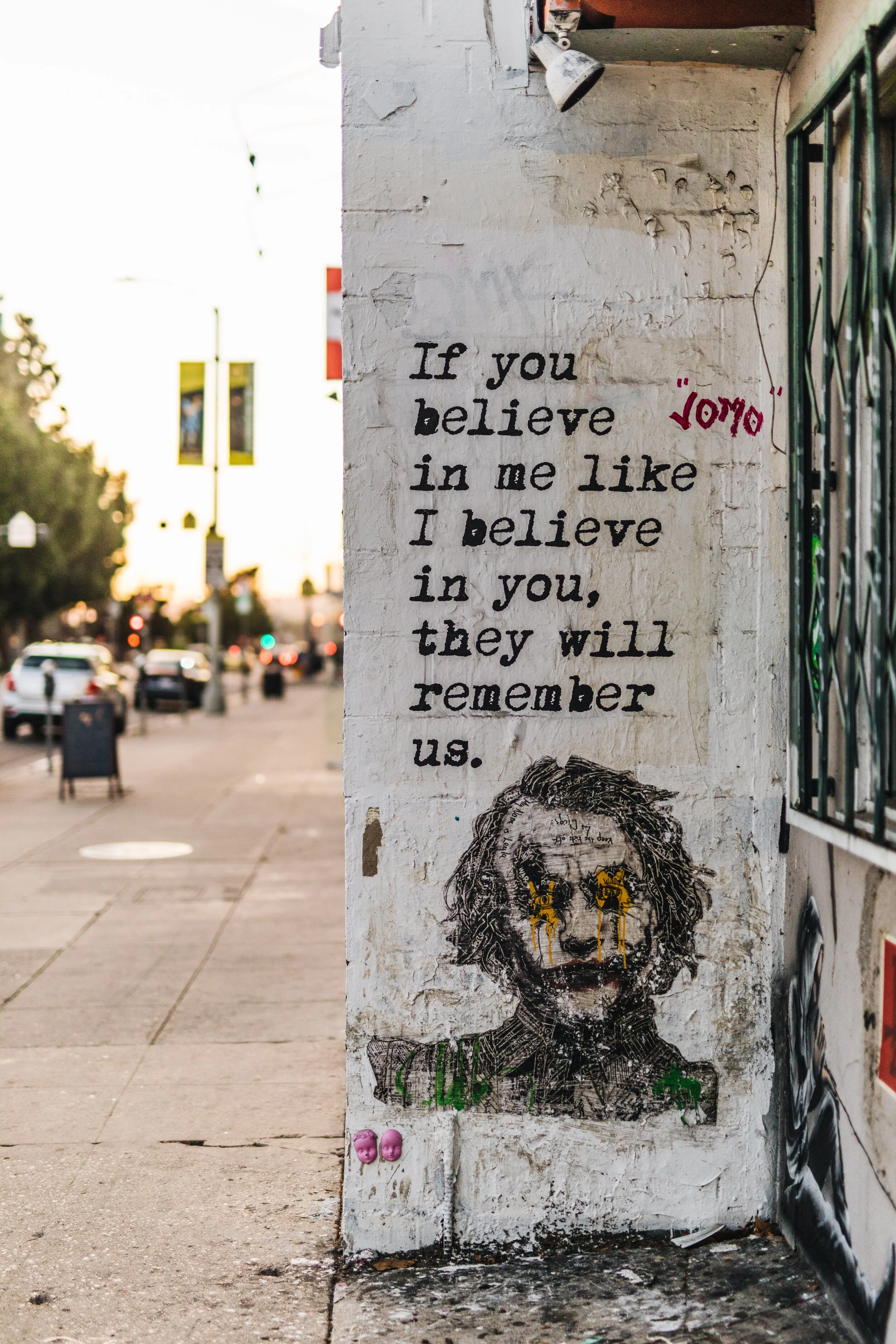Jeremiah, Isaiah, and Tupac?
My playlists are pretty wild. I flip from technology podcasts to baroque classical, back to screaming metal, nineties gangster rap, and cap it off with a lecture on psychology and personality during my workouts. It's quite a gauntlet, but I occasionally stumble on a set that vibes with my temperamental mood. This week, while listening to a psychology lecture and making my way through the old testament, I stumbled on a theme that I needed to investigate.
The general flow of the bible sets up the world and places God as the central piece of its future, a compass for people trying to make their way through the world. With the foundation set, society develops a (mostly) sustainable self-governing structure allowing God's people to live their lives but stumbles when corruption and selfish decisions (that's the "mostly" part) sneak into societal leadership. The evidence of the personal failings of leadership is laid out in the books of the prophets when the voice of proper moral direction (the voice of God per the prophets) clearly and publicly announces the transgressions. The leaders are then instructed that the only way to secure societal recovery is to remember God's commandments. Society must intentionally treat everyone as though a spark of divinity resides in them.
Jeremiah 22:3-4
"Thus saith the Lord; Execute ye judgment and righteousness, and deliver the spoiled out of the hand of the oppressor: and do no wrong, do no violence to the stranger, the fatherless, nor the widow, neither shed innocent blood in this place. For if ye do this thing indeed, then shall there enter in by the gates of this house kings sitting upon the throne of David, riding in chariots and on horses, he, and his servants, and his people."
We find the same theme echoed throughout the works of the major and minor prophets, though Israel didn’t necessarily follow the warning to remember the helpless and treat them as though they're worthy. Occasionally the leaders heeded the words of the prophets but, as was predicted when they refused to change their ways, to showcase equality with action and not just words, they were turned over to outside oppressors. As a result, temples were destroyed and rebuilt, wars and famine ravaged their lands.
Eventually, God saw fit to change the landscape, offering his only begotten son as a sacrifice which did away with atonement and brought genuine reconciliation, which tore the veil in the holy of holies. We now have "Christ in [us], the hope of glory," which leaves the prophets in a precarious position. God resides inside us and not just in the world. For whom do the prophets function as a moral compass?
That was some heavy reading for a Saturday afternoon. I needed a break, so I went back to nineties gangsta rap when I heard Tupac in a different light.
In "Brenda's Got a Baby," Tupac chronicles the story of a 12-year-old girl who was raped and impregnated by her cousin. Worse, the family’s selfish indifference reduces Brenda's child to a means of income. Eventually, her cousin/boyfriend leaves, and she's left with the child and no help. The story ends just as tragically as it started.
Brenda’s God A Baby
Tupac Shakur; 2Pacalypse Now; 1991
I hear Brenda's got a baby But, Brenda's barely got a brain; A damn shame, the girl can hardly spell her name; Well let me show ya how it affects the whole community; Just 'cause your in the ghetto doesn't mean you can't grow.
Brenda got herself a boyfriend; Her boyfriend was her cousin, now let's watch the joy end; She tried to hide her pregnancy, from her family; Who didn't really care to see, or give a damn if she; Went out and had a church of kids; As long as when the check came they got first dibs.
No money no babysitter, she couldn't keep a job; She tried to sell crack, but end up getting robbed; So now what's next, there ain't nothing left to sell; So she sees sex as a way of leaving hell; It's paying the rent, so she really can't complain; Prostitute, found slain, and Brenda's her name, she's got a baby
As painful as the song is, it offers an important glimpse into a world often purposefully removed from view. In a state of struggle, no matter the cause, the call of survival pulls stronger than the situation. Humans will do whatever is necessary to survive. And Brenda’s Got A Baby is only one example of Tupac's work that strikes hard against poignant parts of society.
Trapped
Tupac Shakur; 2Pacalypse Now; 1991
You know they got me trapped in this prison of seclusion; Happiness, living on the streets is a delusion; Even a smooth criminal one day must get caught; Shot up or shot down with the bullet that he bought; Nine-millimeter kickin' thinkin' about what the streets do to me; Cause they never talk peace in the black community
Dear Mama
Tupac Shakur; Me Against the World; 1995
I finally understand; For a woman it ain't easy trying to raise a man
You always was committed; A poor single mother on welfare, tell me how you did it; There's no way I can pay you back, but the plan; Is to show you that I understand; you are appreciated"
Ghetto Gospel:
Tupac Shakur; Loyal to the Game; 2004
Don't it make you get teary? The world looks dreary; When you wipe your eyes see it clearly there's no need for you to fear me; If you take your time and hear me maybe you can learn to cheer me; It ain't about black or white, 'cause we human; I hope we see the light before it's ruined
The list goes on with a similar theme, a question posed to individuals of a society that created structure and denoted actions worthy of disenfranchisement. Do the actions required for survival, even if they're unbecoming, make the survivor less human or more human?
Tupac offered a powerful critique of American society from the perspective of the historically disenfranchised directly to the individuals that make up that society as a whole by calling them out for falling short of the established moral path. He further assumed the role of moral compass, reminding everyone of their charge, to remember the widows and orphans, even if we created them. It's a bold and terrifying assertion, but nothing less than wearing a yoke into the court of the king of Judah. (Jeremiah 27)
Now I'm not saying Tupac didn't also make music that glorified the stereotypical life in the ghetto, punctuated by misogyny, violence, and drug use. However, it's also necessary to consider Tupac's specific upbringing. Hood-life was what he knew and from where he drew inspiration. He was also a performer who owed a duty to his fans to make music that was entertaining but most importantly, we shouldn't throw the baby out with the bathwater. Throwing away the brilliant work of a mind like Tupac because it was also tainted with unseemly lyrics would be the same as tossing out the foundations of psychotherapy from Freud because he got penis envy wrong or abandoning astrophysics because Einstein's work on relativity was used to create the atom bomb. Just because the words of the prophets are written in the subway walls (Simon and Garfunkel), they're no less the words of the prophets.
And Tupac wasn't the only one offering prophetic words to the masses. Our history is rife with voices, musicians, and artists who live on the edges of our perceived reality. They try to express their perspective, a view of the outside looking in, in dramatic representations that call us to see what we're doing and consider how things should be. And, like Jeremiah, Hezekiah, Hieronymus Bosch, Buffalo Springfield, Bob Marley, Artemisia Gentileschi, Nina Simone, and countless others, to us, they seem a little crazy. And also, like the old prophets, we dismiss them to our own peril.
Maybe Tupac was a modern prophet. Or perhaps I'm crazy too. Either way, the pattern seems established. Prophets emerge from the fringes of society, offering us their beautiful, terrifying, dramatic representation of our state in relation to the morality inherent in our being, the breath of God that lives inside us. And we're not allowed to dismiss the reprimand nor our moral and civil responsibility simply because they no longer bellow "thus sayth the Lord." Just like we all learned from those childish lessons while sitting cross-legged on the basement floor of our church, God is everywhere and in everything. Dismissing his lessons because the bearers aren't wearing sandals, eating lotuses, and carrying a yoke is folly.
Tupac Shakur would have been fifty this year. Maybe today, we listen from a different perspective, and maybe we can all learn something.







